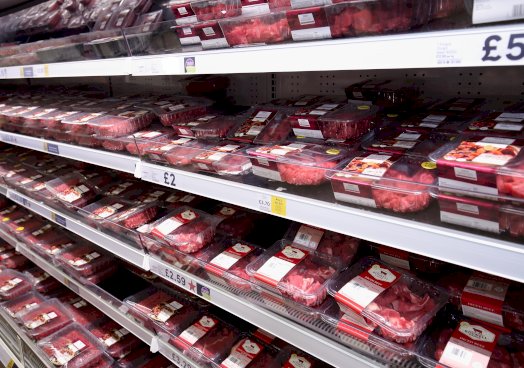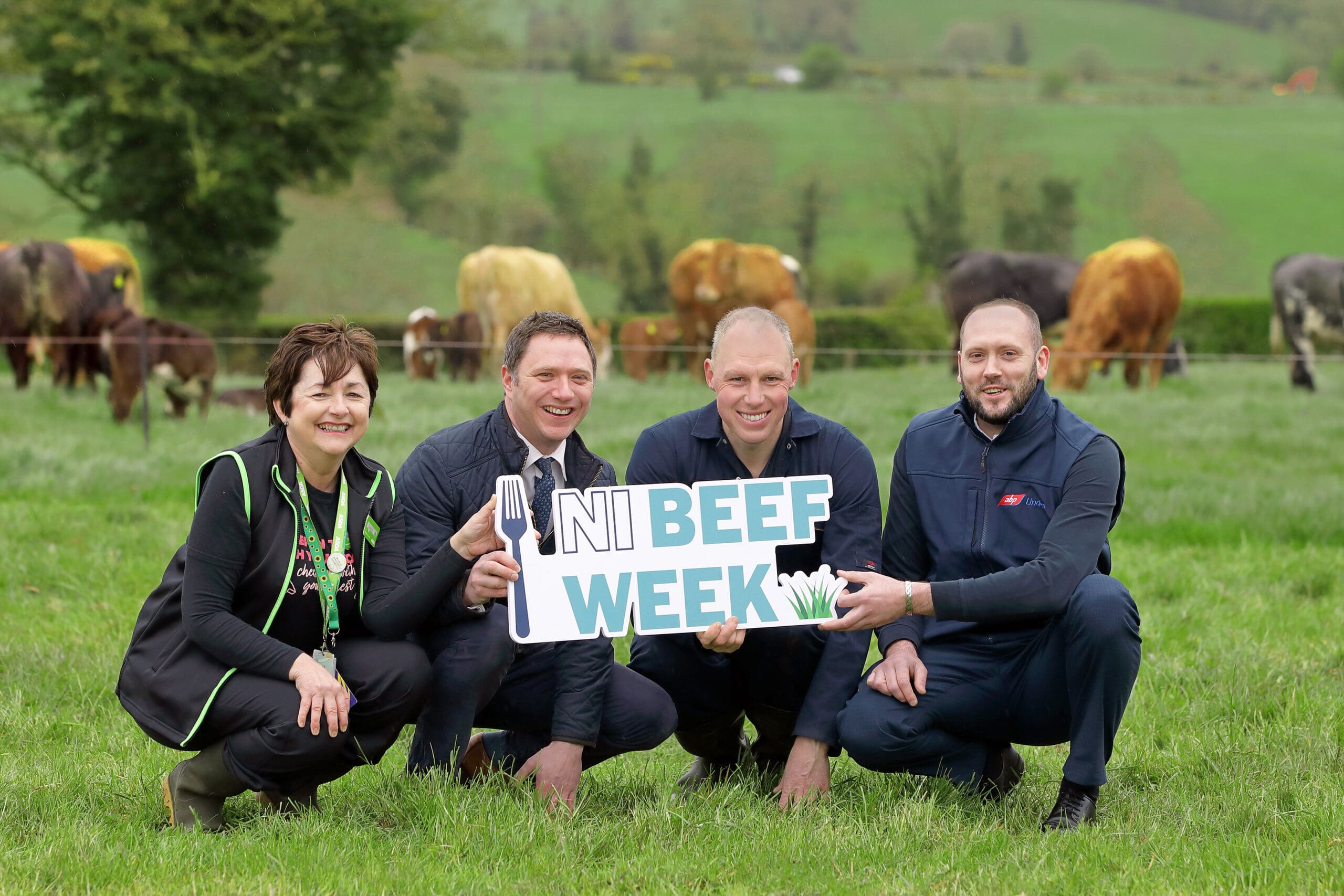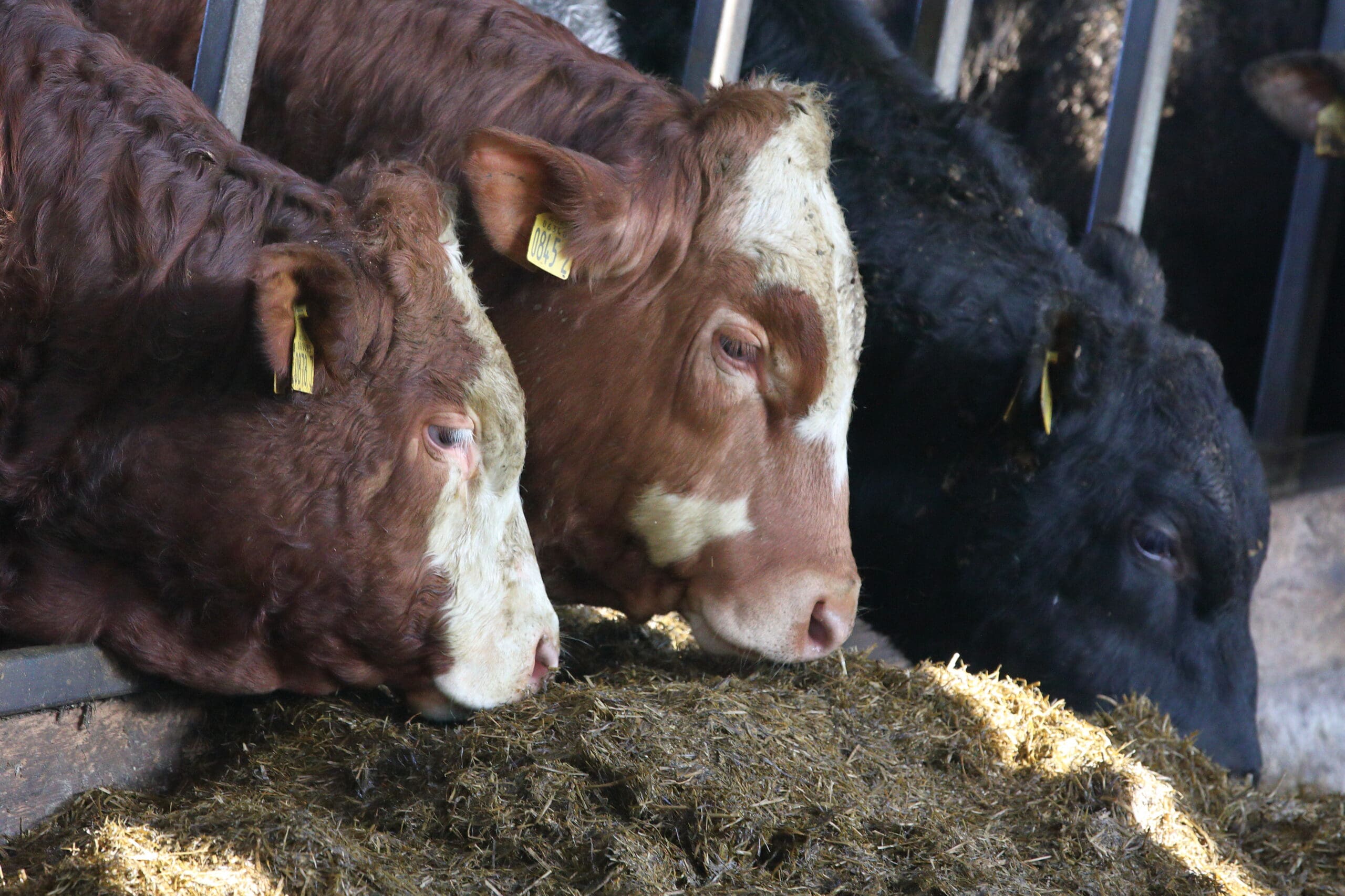
Profit in the food supply chain is not spilt evenly with farmers being price takers. UFU communications officer Tracey Donaghey, looks at the need for more transparency and change as we move forward.
It is hard to come by definite figures about how money is split up between the different parts of the UK food supply chain. Farmers are located near the bottom, with agricultural wholesalers (input suppliers) below them, and everyone from food and drink manufactures, caters, retailers and consumers positioned above them. It is the farm to fork story.
Everyone in the food supply chain receives a cut of the total money spent on food. Unfortunately, farmers do not get the full price of what consumers pay in the shop, or anywhere near it.
In his book Feeding Britain, Professor Tim Lang calculates that the primary producer gets around five percent of the total money in the UK food supply chain. His main argument is that this should be at least doubled so primary producers get a bigger cut of the end price. However, setting rules to achieve this could arguably require significant government intervention and, in a free market economy like the UK, there could be little political appetite.
Price takers
Farmers are ‘price takers’ in the supply chain because they cannot set the price for their produce. This leaves them extremely vulnerable when difficult times arise like right now with the cost-of-living crisis. Many pig producers are struggling to keep up with soaring input costs as pig meat prices are so low.
Meanwhile, it was recently reported that Tesco profits had trebled last year, citing its “meaningful negotiating power” with their suppliers as a reason. What must not be forgotten is that farmers provide the critical foundation which the supermarket depends on and it’s safe to say that farm businesses have not been thriving at a similar level to Tesco. This questions the dynamics of the financial spilt and the need for fairness within the supply chain so farmers are not getting unfairly treated by the ‘bigger’ players.
Transparency needed
Despite Tesco’s recent profit reveal, exact figures on the food supply spilt are still unclear. This is mainly because processors, supermarkets etc. are very reluctant to give away information on their profits or how much they make for every product at each step in the supply chain. It is a battle that farm lobby organisations like ourselves, the Ulster Farmers’ Union, have been fighting for years.
Transparency reagrding the exact spilt in the food supply chain can help to develop a new economic model that delivers fairly for everyone. With Basic Farm Payments being phased out over the next seven years in England and with changes likely to come down to track for Northern Ireland farmers, it reiterates the need for positive change in how the market functions.
Value
Our farmers are an irreplaceable asset in the food supply chain. Yet, when the going gets tough, they are forced to absorb the extra expense like it’s solely their responsibility. It’s also somewhat inhumane when big supermarket chains are making large amounts of money while farm families are struggling to stay in business and pay the bills. It’s an issue that has been highlighted many times but as Tim Lang highlighted in his book, there is a strong case to review the UK food system and while it is no easy task, progress needs to happen now.




